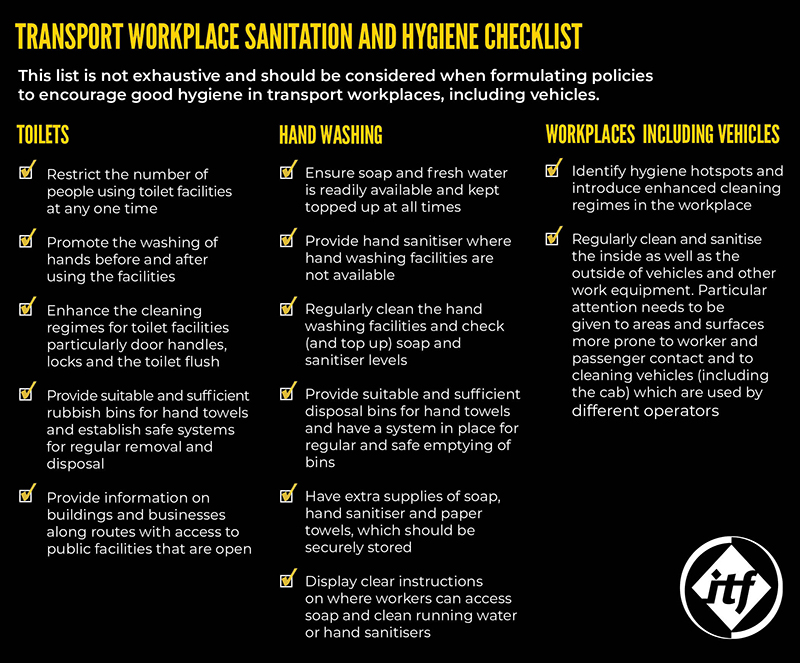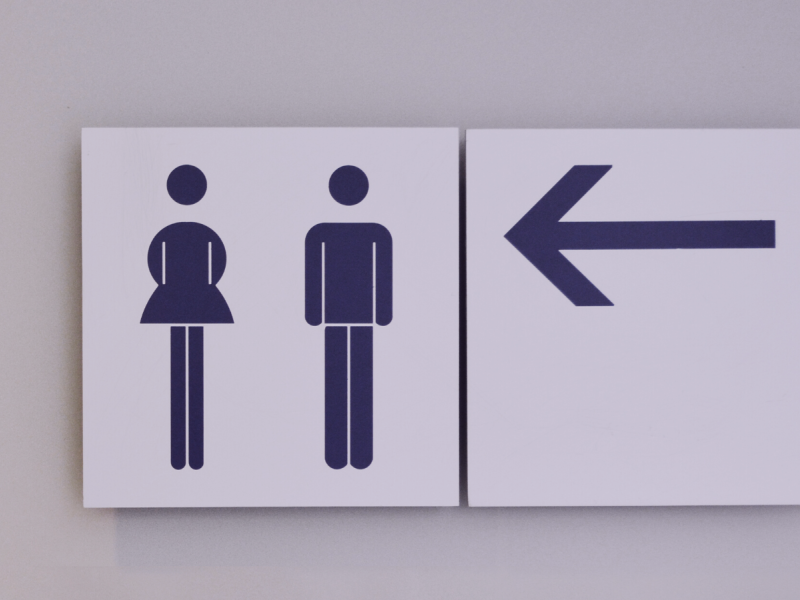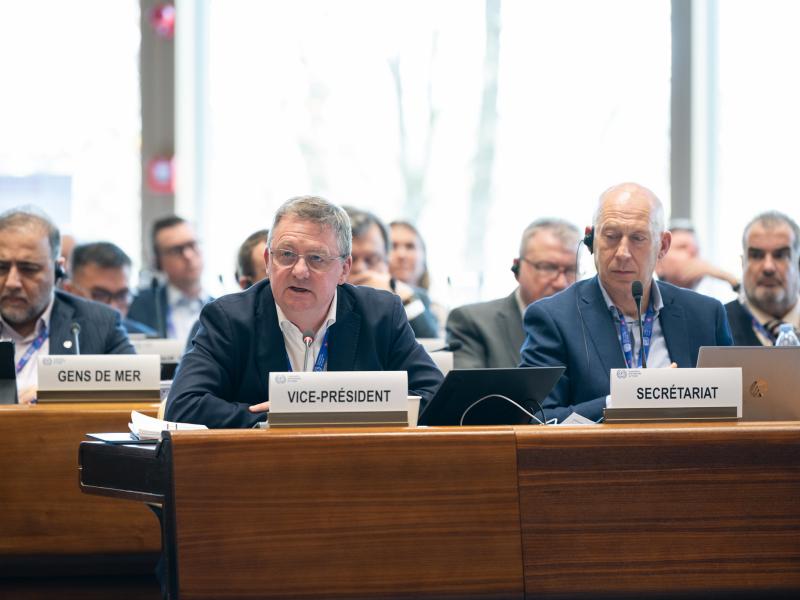Guidance for trade union negotiators
Safe access to decent sanitation facilities at work, and most importantly being able to use them when needed during the working day, is truly a global issue that is widely and deeply felt by all transport workers, particularly women transport workers. This is even more significant at this current time with Covid-19.
Preventing the spread of Covid-19 among workers and the wider community, including through effective hygiene, creates a new urgency for transport workers, unions, employers and governments.
As more countries enforce lock-down, some examples of risks to transport workers include:
- Drivers being on the road for long hours with no access to toilets and washing facilities;
- Women seafarers may not have access to sanitary products while stranded in a foreign country with no freedom of movement;
- Public transport workers face working long shifts and high levels of exposure to the virus with limited or no access to sanitation facilities, which is exacerbated by closure of restaurants and cafes;
- Some employers have been slow to implement hygiene and protective measures such as social distancing, including in warehouses and distribution centres where work and worker numbers may have increased because of higher demand.
In line with the principles of the ITF Transport Workers’ Sanitation Charter that was launched on World Toilet Day 2019, the ITF has identified key areas for action by employers, governments and investors in transport projects in relation to Covid-19 and access to sanitation facilities for transport workers.
Employers – urgent necessary action includes:
- Consulting with trade union representatives – both women and men – in developing and implementing risk assessments, clear policies, procedures and plans to deal with Covid-19, particularly in relation to the provision, cleaning, maintenance, accessibility and availability of workplace sanitary and washing facilities. The process should be inclusive and take account of transport workers’ (both women and men) specific needs such as pregnancy, disability, menopause and pre-existing health conditions.
- Providing information, instruction and training for workers about Covid-19, and hygiene and other preventive measures that have been jointly identified, such as social distancing.
- Providing up to date contact information for reporting concerns without fear of victimisation or ridicule, publicised to all workers.
- Reviewing and planning routes for mobile workers such as drivers to take account of available toilet and washing facilities, particularly given the shutdown of many public spaces often used by transport workers.
- Working with their supply chains to encourage and reinforce co-operation in relation to access to sanitary and washing facilities for mobile workers visiting premises for collection or delivery.
- Assessing, identifying and providing suitable personal protective equipment and supplies free of charge for workers.
- Allowing workers reasonable opportunities during their working hours/schedules to use sanitary facilities promptly without loss of pay or other penalties.
Governments – urgent necessary action includes:
- In consultation with trade unions and employers’ organisations, developing clear legislation, policies and guidelines on the prevention of Coivd-19 in workplaces, paying particular attention to worker access to adequate washing and sanitary facilities when they need to, during their working day.
- Including women and men on Covid-19 public health and occupational health and safety advisory bodies.
- Integrating a gender-responsive approach to legislation, policies and guidelines with particular attention to transport workers’ hygiene and the provision of sanitary and washing facilities at work.
- Ensuring that such legislation, policies and guidelines include and implement chain of responsibility provisions to ensure that clients and subcontracting companies in the transport economy are held accountable, particularly in relation to access to sanitary and washing facilities for women and men.
- Implementing and promoting relevant ILO international labour standards and guidelines from other international bodies such as the World Health Organisation and applying these to the current crisis.
Investors in transport projects – urgent necessary action includes:
- Incorporating the rights to water and adequate sanitation into projects and loan programmes that are being implemented in response to the crisis.
- Ensuring that when projects are being implemented appropriate sanitation and washing facilities are provided for workers, facilities are accessible, and that workers have adequate time to use them during their working hours.
Additional information:
- ITF Transport Workers’ Sanitation Charter: http://tiny.cc/ybz4mz
- ILO Standards and COVID-19: http://tiny.cc/j0y4mz
- World Health Organisation - Water, sanitation, hygiene and waste management for COVID-19: http://tiny.cc/wvy4mz





